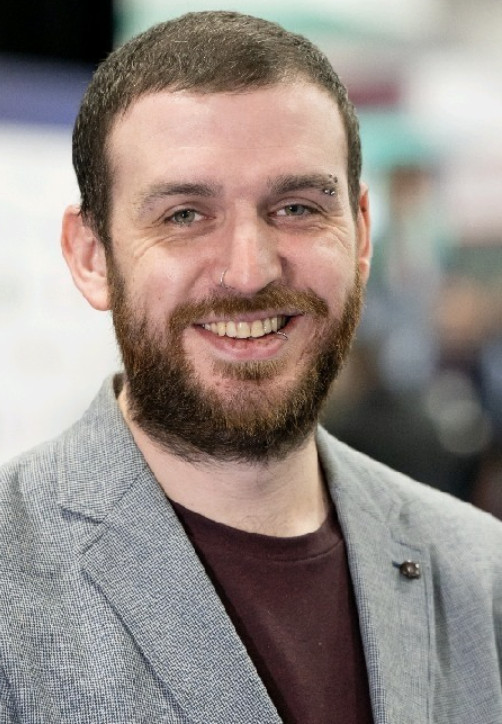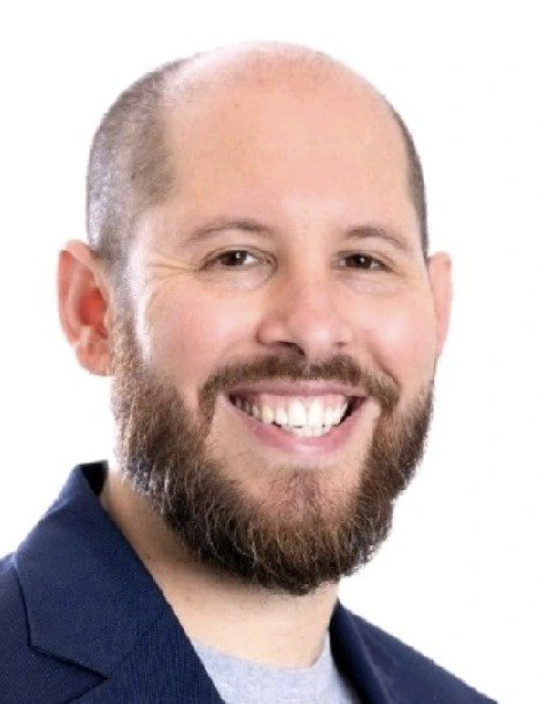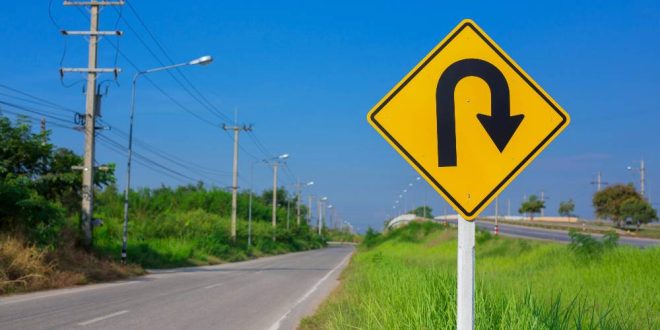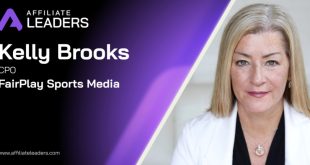
What does it take to convince C-level that the numerous components that comprise ESG are intrinsically linked to revenue? For Leah Carnegie, Chief People Officer at Lottoland, the answer is a simple one – drop the acronym.
The moderator of ‘why ESG is your business bottom line’ at the Gibraltar Ethical Gambling Forum instead suggested that a basic shift in mindset, and language, could ultimately lead to gaining attention at a higher level internally.
“As soon as I use the word ESG in a boardroom, I get sleepy eyes,” she said. “But if I use the words accountability, responsibility and sustainability, I will get some action. I don’t know whether ESG has been forced.”
Rather than proceeding down the current path, Carnegie suggested that influence should be adopted from approaches taken across other jurisdictions, notably the US, where she noted that she has witnessed the industry “talking more generally” about the aforementioned trifecta of issues.
“I think until we change our mindset around it, and until we start taking ownership of it, and ultimately care for the customer and care for the people around you and care for the community, then we might as well say it’s a tick box exercise to get us through our listings, to get us through our websites, to get us through to our talent, she continued.
“While ESG is super important, for me, the primary goal is to ensure that the business is sustainable”
Adding: “If we just broke it down to them a bit more simplistic, because sometimes the simpler it is, the more effective it is. And I think with ESG, we just made this massive headline for it.”
The was a consistent message interspersed throughout the nearly one hour discussion, where audience participation became a key part of proceedings for the most part.
However, despite this, the conversation got underway with panellists quizzed on what ESG ultimately means for C-level, board and companies as a whole, as well as how these factors influence overall business leaders.

Danny Brookes, Founder of BetComply and Rdentify, took the baton to note that while the matters at hand are of the utmost importance, stargazing into the future could not be the most practical solution.
“The next two years are objective, the next 20 years, if you don’t get through the next two years, there’s no 20 years,” he said.
“So ultimately, we have a responsibility to deliver commercially for the business, and that benefits the employees.
“While ESG is super important, for me, the primary goal is to ensure that the business is sustainable, and that means commercially viable.”
Echoing those comments, Valli Fragoso, CEO and Founder of Boldplay, moved on to state that regulatory pressures can also have a significant impact on the implementation of ESG measures. This, she said, is due to being “very reactive” to what’s being regulated, as well as the fact that “we don’t have enough time to react to it”.
“Any of the regulations we’re implementing today in gaming are only palliative”
However, this, according to Fragoso, isn’t the primary challenge. “We have to remember that any ethical part of gambling, or safer gambling, doesn’t start with us or doesn’t start with operators, doesn’t start with anything,” she noted. “We are fighting with human nature.”

She continued: “How does it work? How does it actually affect us? If we can tackle that, then we are moving one step forward.
“Any of the regulations we’re implementing today in gaming are only palliative. You’re just putting a band-aid on something. You’re not really fixing the problem. And I think that is where the focus has to be for anybody who’s actually looking into regulations.”
Despite acknowledging that “lots of companies have got amazing ESG strategies”, Carnegie posed a teaser to the room regarding “how many of us actually truly live it”.
This, Brookes stated, comes down to core values and company culture. “As a leader of the business, I need to ensure that the business is successful, and the way we do that is through culture,” he commented
“I’m making sure that we retain staff, that our customers can get a feel for who we are, that they like us essentially so they keep coming back. So that’s commercially driven
“That’s not a fluffy statement. Basically, if we do a good job, and if we’re the right kind of company, we will make more money.
“So when you’re talking about influencing the C-levels, it’s about ensuring that the things that we’re going to put in place for ESG, for anything, is viable for our end goal of being a successful, monetised business, and that’s the part that comes down to culture.”
“We do care about our people, we do care about our businesses and our customers more importantly”
As the conversation delved across that of personal and company values in shaping sustainability strategies, Fragoso honed in on one particular question. What importance do companies of different sizes, and across varying geographies, place on this particular topic?
She explained: “Once you get to the C-level, the first thing you always talk about is, are we making enough money? Are we able to keep the company alive? Are we able to do this? Are we able to enter new markets? So where exactly is this particular topic in each of your companies? Where does it sit for a small company?
“I don’t think it sits in the top list for a small company. I ran a company with 25 people and it’s not on my top priority list, for example.
“We do talk about values and employee wellness, but everything else takes a step aside. Not necessarily by choice, but by force of balancing where you have to make the company sustainable.”
As delegates continued to play an active role within proceedings, issues such as delegating a specific ESG champion within organisations divided opinion.

Elsewhere, potential threats of litigation versus preceding with a belief of truly doing the right thing to drive further success, and simply asking employees and customers they’re own personal values, were all delved into to varying degrees.
Bringing things full circle, Carnegie concluded: “It’s not that we don’t care about ESG, it’s the acronym. We do care about our people, we do care about our businesses and our customers more importantly.
“If we just all took a little piece away today on what can you do to make that a better place to work or a better community, then we’re already starting the ESG strategy.”









